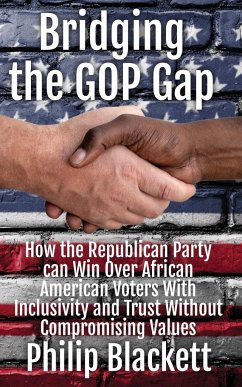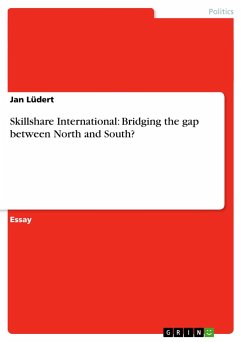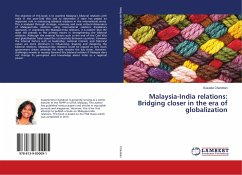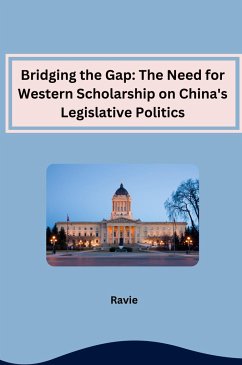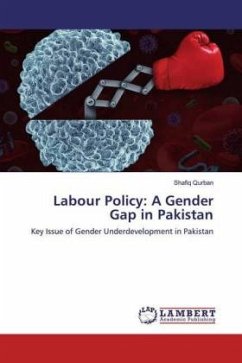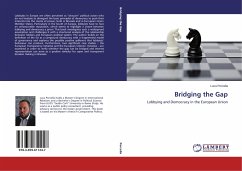
Bridging the Gap
Lobbying and Democracy in the European Union
Versandkostenfrei!
Versandfertig in 6-10 Tagen
37,99 €
inkl. MwSt.

PAYBACK Punkte
19 °P sammeln!
Lobbyists in Europe are often perceived as obscure political actors who do not hesitate to disregard the basic principles of democracy to push their interests into the rooms of power, both in Brussels and in European Union Member States. Particularly in the South of Europe, lobbyists have to face an unfavourable reputation, which seems to highlight a chasm between lobbying and democracy a priori. This book investigates such a widespread assumption and challenges it with a structured analysis of the relationship between lobbies and European political system. The author builds on the definition ...
Lobbyists in Europe are often perceived as obscure political actors who do not hesitate to disregard the basic principles of democracy to push their interests into the rooms of power, both in Brussels and in European Union Member States. Particularly in the South of Europe, lobbyists have to face an unfavourable reputation, which seems to highlight a chasm between lobbying and democracy a priori. This book investigates such a widespread assumption and challenges it with a structured analysis of the relationship between lobbies and European political system. The author builds on the definition of the EU as a compound democracy with a fragmented model of governance and explores the possible positive spillovers that lobbyists behaviour can produce. Furthermore, two significant case studies the European Transparency Initiative and the European Citizens Initiative are examined in order to verify whether the gap can be bridged and interest representation can serve as a positive stimulus for open and transparent decision making in Brussels.



